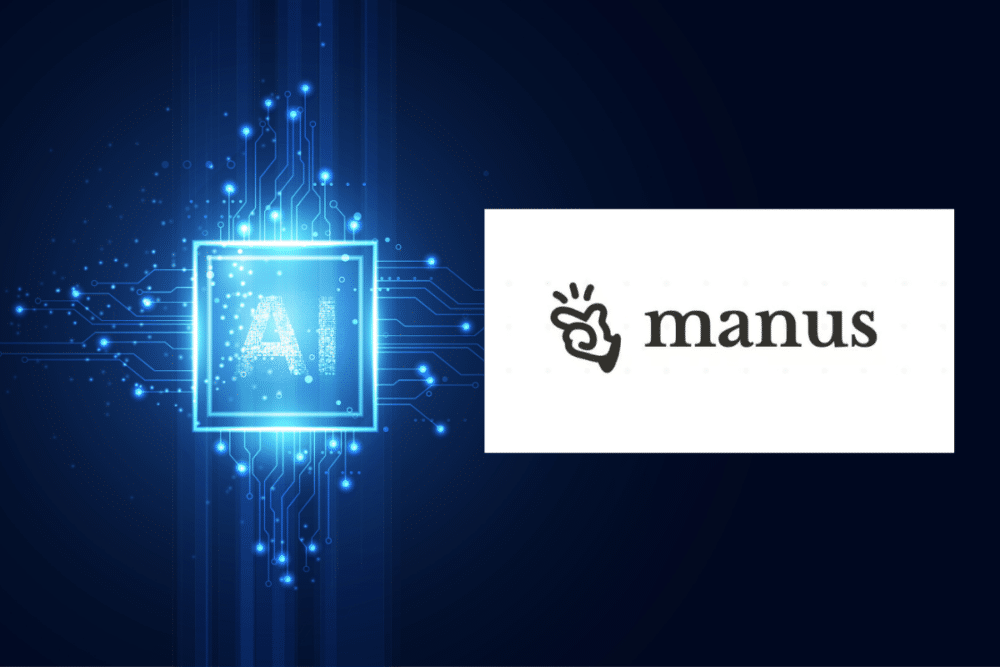Our CIO, Sébastien Landeau, shares the latest AI updates for March. This month, he highlights two major developments: the arrival of a new player in the LLM field and a significant breakthrough by OpenAI with its intelligent agents.
1/ Manus: The Newcomer in the AI World
The field of artificial intelligence continues to welcome new players. This month, a new entrant has emerged: Manus, a Chinese AI.
This general-purpose AI agent is designed to assist with a wide range of tasks, from everyday professional activities to large-scale business projects.
According to Sébastien Landeau, CIO of the VirtualExpo Group (which powers our media),
“Manus represents a strategic asset for businesses. He explains that Manus stands out for its capabilities in market analysis, B2B sourcing, and commercial data processing. It facilitates supplier research, optimizes online store performance, and enables advanced financial analysis.”
Other use cases include optimized service and product comparisons, as well as enterprise data management and structuring.
For now, Manus is in a private testing phase. More information is available at manus.im.
2/ OpenAI Takes a Major Step Forward with AI Agents
In the United States, OpenAI continues to reshape the artificial intelligence landscape. The California-based company has now opened access to its new APIs, allowing anyone to create intelligent agents.
These AI agents go beyond simple chatbots that merely answer questions. They are capable of taking direct action on behalf of users.
A Revolution in AI Agent Development
Numerous initiatives already exist for building AI agents, a concept that dates back to late 2024. However, OpenAI is taking this further by offering an all-in-one solution that is natively integrated.
Until now, developers had to assemble multiple tools, which often struggled to work seamlessly together. With these new APIs, everything is integrated, ensuring greater efficiency and interoperability.
More Autonomous and Proactive AI Agents
As Sébastien Landeau explains,
“AI models have so far been limited to responding to queries and providing suggestions. With these new APIs, OpenAI enables developers to design proactive AI systems that make decisions and take actions based on their environment and user needs. Whether automating complex tasks, orchestrating multiple tools, or managing autonomous processes, these new capabilities open up unprecedented possibilities.”
Concrete Applications
These new AI agents can conduct real-time web searches and retrieve relevant information. They can also process knowledge from uploaded files and apply filters to refine data selection for analysis. Additionally, they can access a computer to explore screenshots and extract meaningful information.
New Tools for Developers
OpenAI has introduced two key tools to facilitate the creation of AI agents. The API Responses manages interactions between AI and users, while the SDK Agents provides an open-source toolkit for orchestrating agent workflows and integrating models with internal systems.
For Sébastien Landeau,
“OpenAI is not just improving its models; it is redefining how we interact with AI. This shift from passive AI to active AI could revolutionize the way we work and engage with technology.”
More information is available at OpenAI – New Tools for Building Agents










